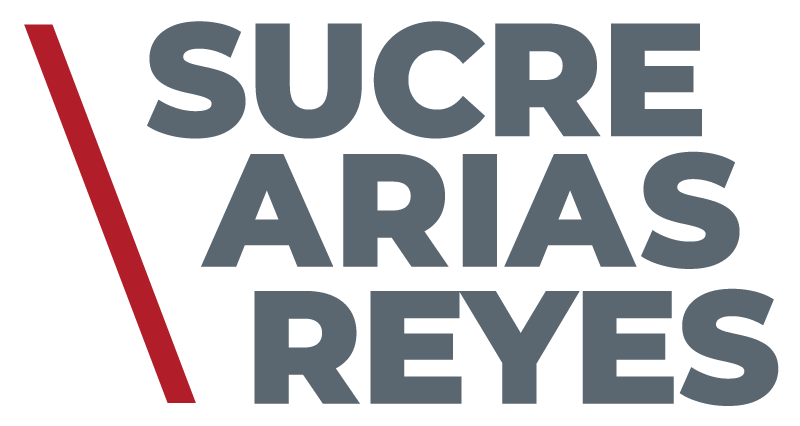It’s clear that social media has become a digital asset, often as significant as your material possessions. But what happens to our accounts when we pass away? Are they inheritable? Who decides their fate? Let’s explore what the terms and conditions of major platforms say. Although you might think your social media accounts are "yours," legally, you only have a license to use them. This means platforms control what happens to your content and how they manage accounts of deceased users according to their policies.
Disputes over the social media legacy of public figures are common. For instance, after Kobe Bryant’s tragic death in 2020, his wife Vanessa faced a unique challenge: preserving the digital memory and legacy of Kobe and their daughter Gianna. While there were no public disputes over ownership of their accounts, Vanessa used her own digital platforms to prevent unauthorized use of images and content related to her family. This case highlights the importance of protecting the digital rights of the deceased, both legally and emotionally.
But did you know each social media platform has its own policies regarding what happens to your accounts when you’re gone? Here’s a clear and practical breakdown:
Facebook and Instagram: Plan Your Digital Legacy
Meta, the company behind these platforms, offers tools to manage your accounts after death:
- Legacy Contact: You can designate someone to manage your account after your passing. This contact can memorialize your profile, update your profile photo, and even pin posts in your memory.
- Account Deletion: If you prefer everything to disappear, Meta allows your family members to request permanent deletion with a death certificate.
Tip to Protect Your Legacy: Set up a “Legacy Contact” from your profile while you’re alive. It’s simple and ensures your account will be in good hands!
TikTok: No Legacy Contact, but Options Available
TikTok doesn’t have a structured system like Facebook or Instagram, but you can request account deletion or deactivation .
To do so, family members must provide:
- Proof of death.
- Documents proving their relationship with the account holder.
TikTok does not allow memorialized profiles, so accounts simply remain inactive unless deleted.

LinkedIn: Privacy-Focused
LinkedIn, the world’s leading professional network, also has clear rules:
- Family members can request account deletion by providing a death certificate.
- It doesn’t offer options for account memorialization or transfer, ensuring the deceased user’s privacy remains intact.
YouTube: Digital Legacy Through Google
As part of the Google ecosystem, YouTube offers a tool called Inactive Account Manager, which allows you to plan what happens to your account if it remains unused for a specific period.
- Data Transfer: You can designate trusted individuals to receive a file containing your data, including settings and videos.
- Account Deletion: If this tool isn’t configured, Google allows family members to request account deletion by providing proof of death.
You retain ownership of uploaded content (subject to copyright), but the account is under Google’s license.
Snapchat+: No Digital Inheritance
Snapchat, including its premium version Snapchat+, doesn’t have a formal system for managing accounts after the user’s death.
- Restricted Access: Transfer or sharing of credentials with family members is not allowed.
- Account Deletion: Family members can request account deletion with proof of death, but Snapchat doesn’t guarantee access to the content.
Tips to Secure Your Digital Legacy:
- Designate a Legacy Contact on platforms that allow it. Legacy Contact en las plataformas que lo permitan;
- Consult an attorney specializing in estate planning and technology law to structure a plan that reflects your wishes for your digital legacy and assets.
- Create an inventory of your digital assets, including: Social media accounts. Websites and domains. Cloud-stored multimedia content. Crypto wallets. Crowdfunding platforms. Intellectual property like blogs, eBooks, or produced songs. Gaming platform accounts.
- Define what you want to happen to each of your digital assets in your absence.
- Include your social media accounts as part of your digital legacy in your estate planning, including in your will. testamento.
If you found this article helpful, give it a like, share it, and leave your comments so more people can understand the importance of protecting their digital assets—especially those who rely on their personal brand on social media.



